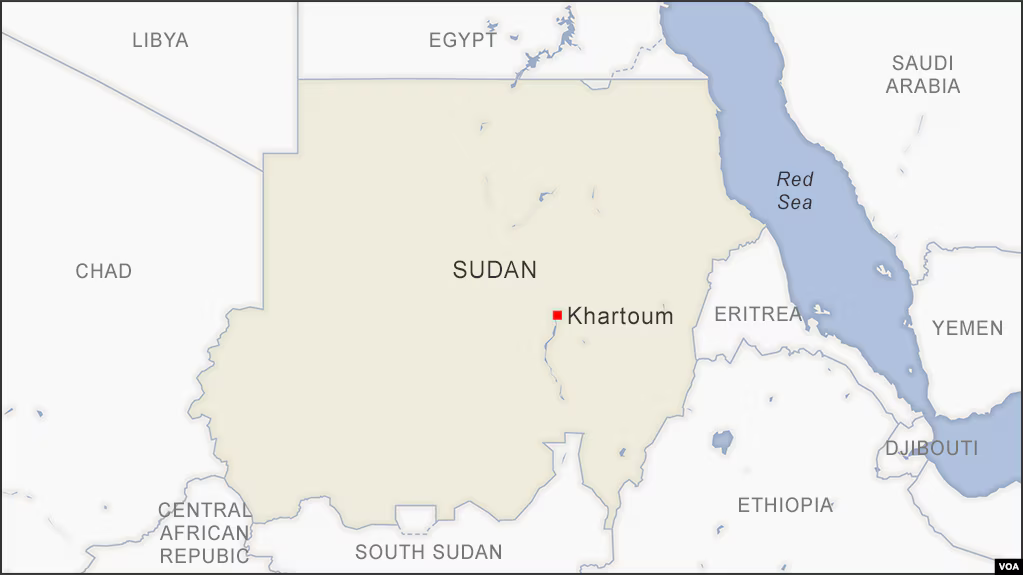Sudanese paramilitary forces have killed at least 28 people in an attack on a village south of the capital Khartoum, a local doctors’ committee said Sunday.
The Rapid Support Forces (RSF) carried out a “massacre” in “the village of Um Adam” 150 kilometers (93 miles) south of the city Saturday, the Sudan Doctors Committee said in a statement.
Sudan’s war between the military, under army chief Abdel Fattah al-Burhan, and the RSF, commanded by his former deputy Mohamed Hamdan Dagalo, began last April 15.
Many thousands of people have been killed, including up to 15,000 in a single town in the war-ravaged Darfur region, according to United Nations experts.
The war has also displaced more than 8.5 million people, practically destroyed Sudan’s already fragile infrastructure and pushed the country to the brink of famine.
Saturday’s attack “resulted in the killing (of) at least 28 innocent villagers and more than 240 people wounded,” the committee said.
It added that “there are a number of dead and wounded in the village that we were not able to count” due to the fighting and difficulty in reaching health facilities.
A local activists’ committee had given a toll of 25 earlier in the day.
A medical source at the Manaqil hospital, 80 kilometers (about 50 miles) away, confirmed to AFP that they had “received 200 wounded, some of whom arrived too late.”
“We’re facing a shortage of blood, and we don’t have enough medical personnel,” he added.
More than 70 percent of Sudan’s health facilities are out of service, according to the U.N., while those remaining receive many times their capacity and have meager resources.
Both sides in the conflict have been accused of war crimes, including targeting civilians, indiscriminate shelling of residential areas and looting and obstructing aid.
Since taking over Al-Jazira state just south of Khartoum in December, the RSF has laid siege to and attacked entire villages such as Um Adam.
By March, at least 108 villages and settlements across the country had been set on fire and “partially or completely destroyed,” the U.K.-based Center for Information Resilience has found.

